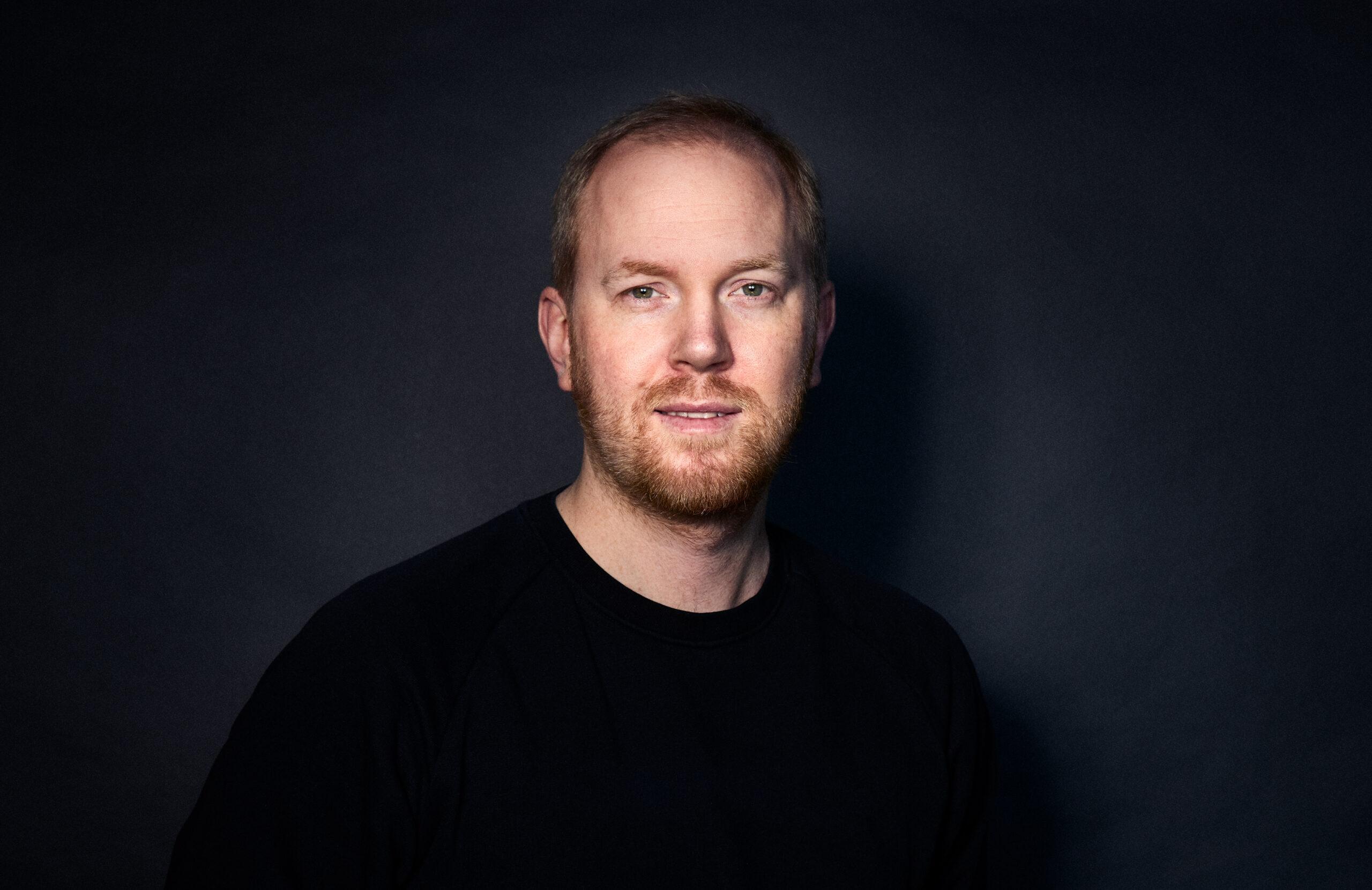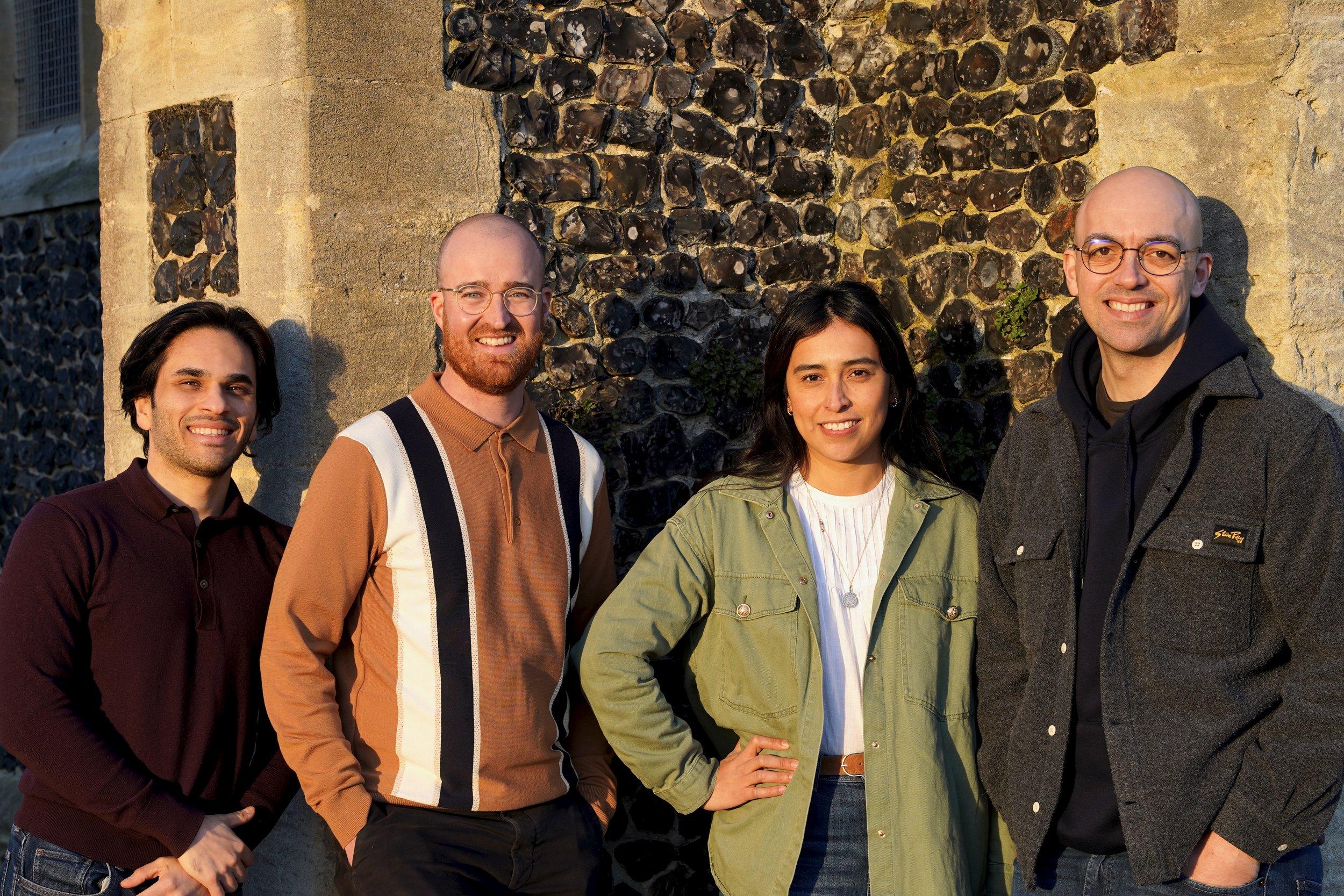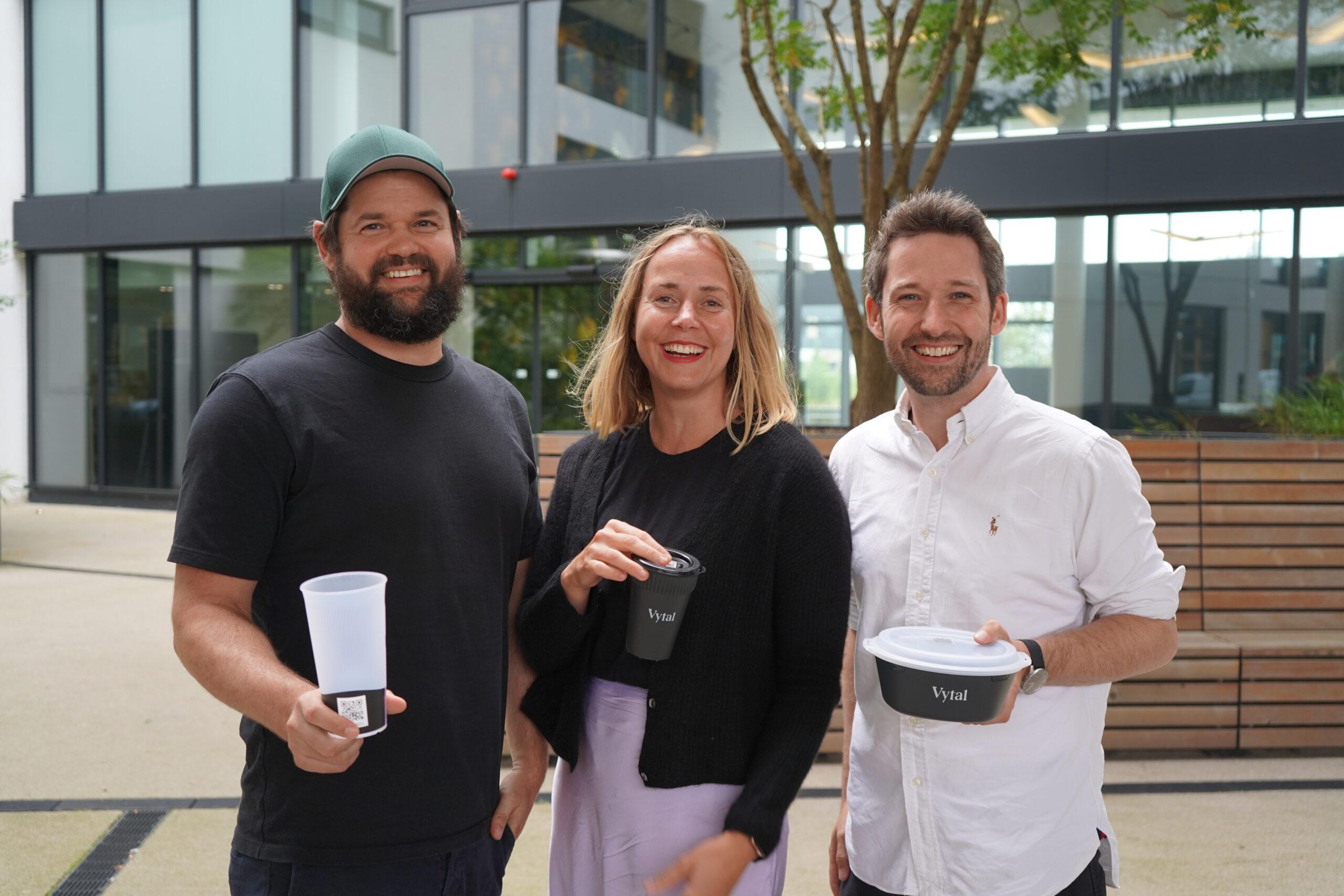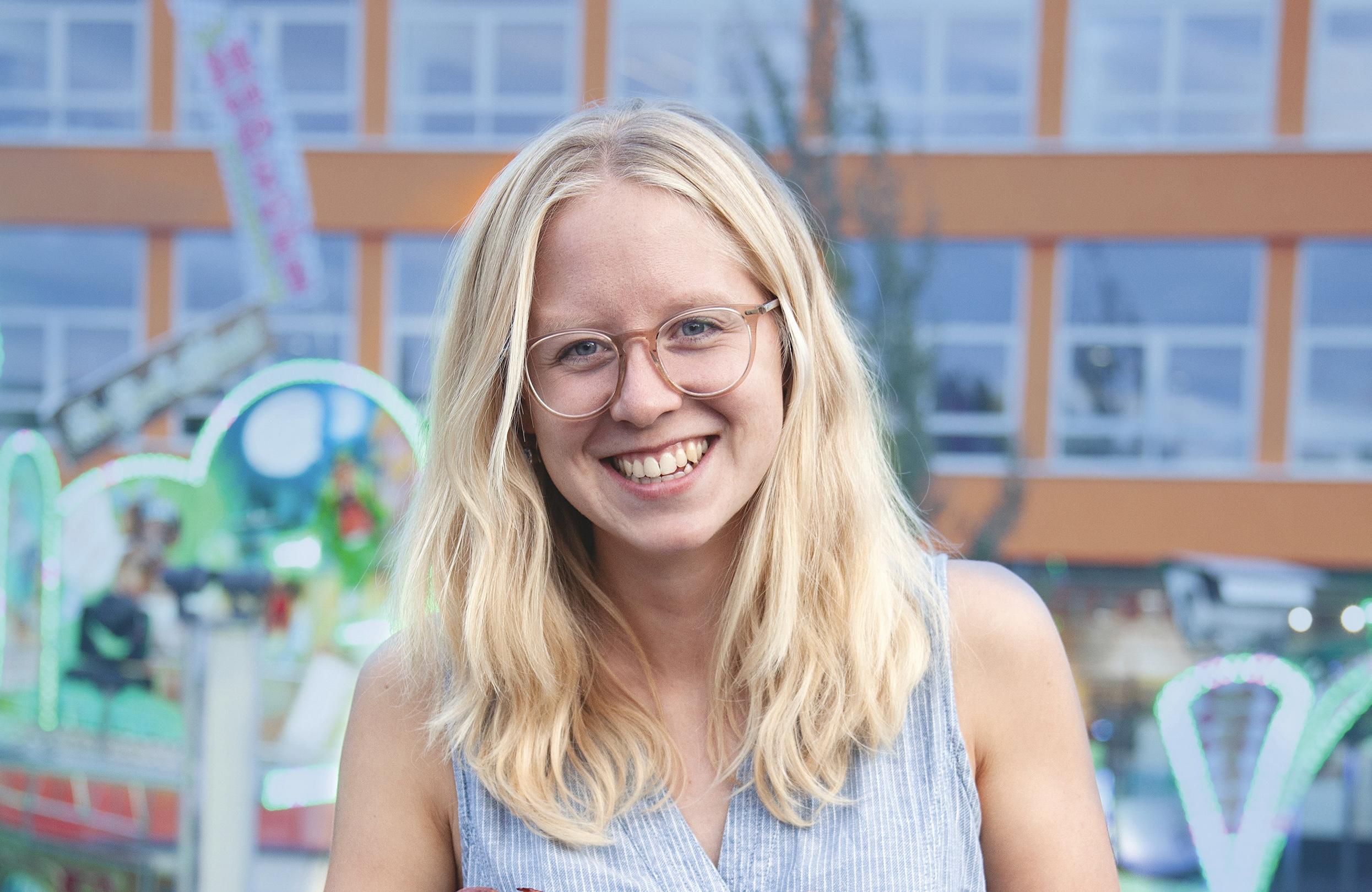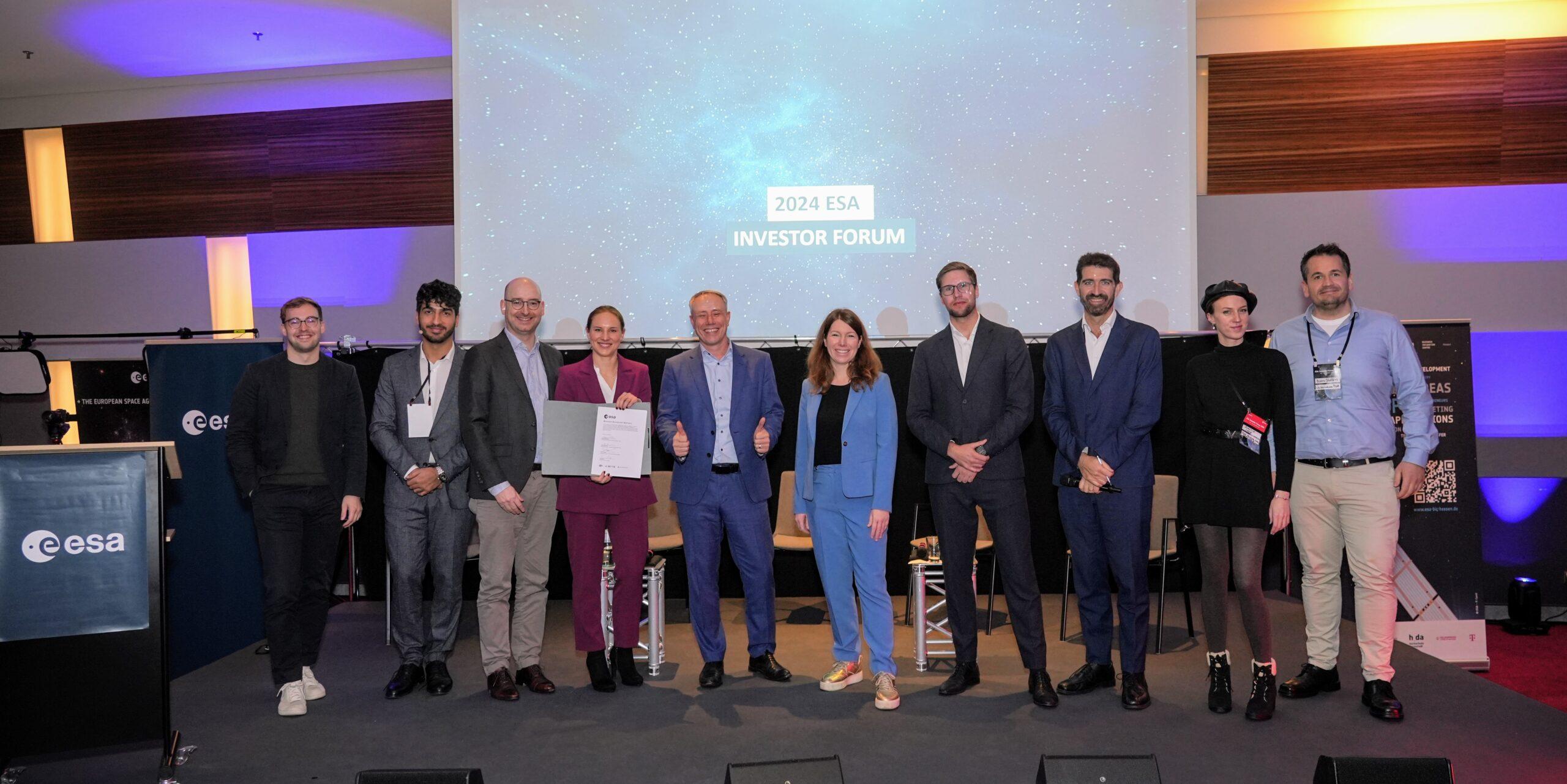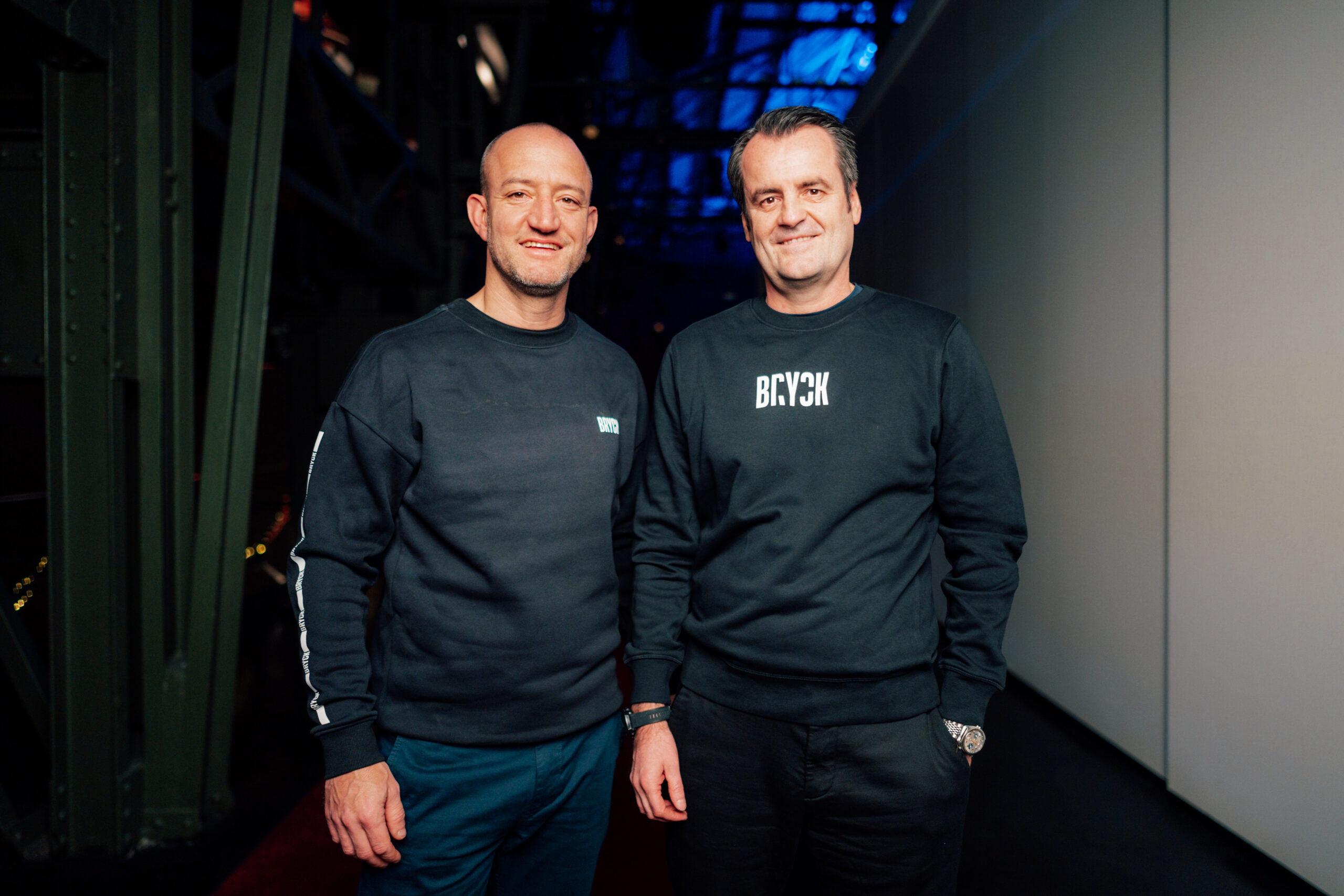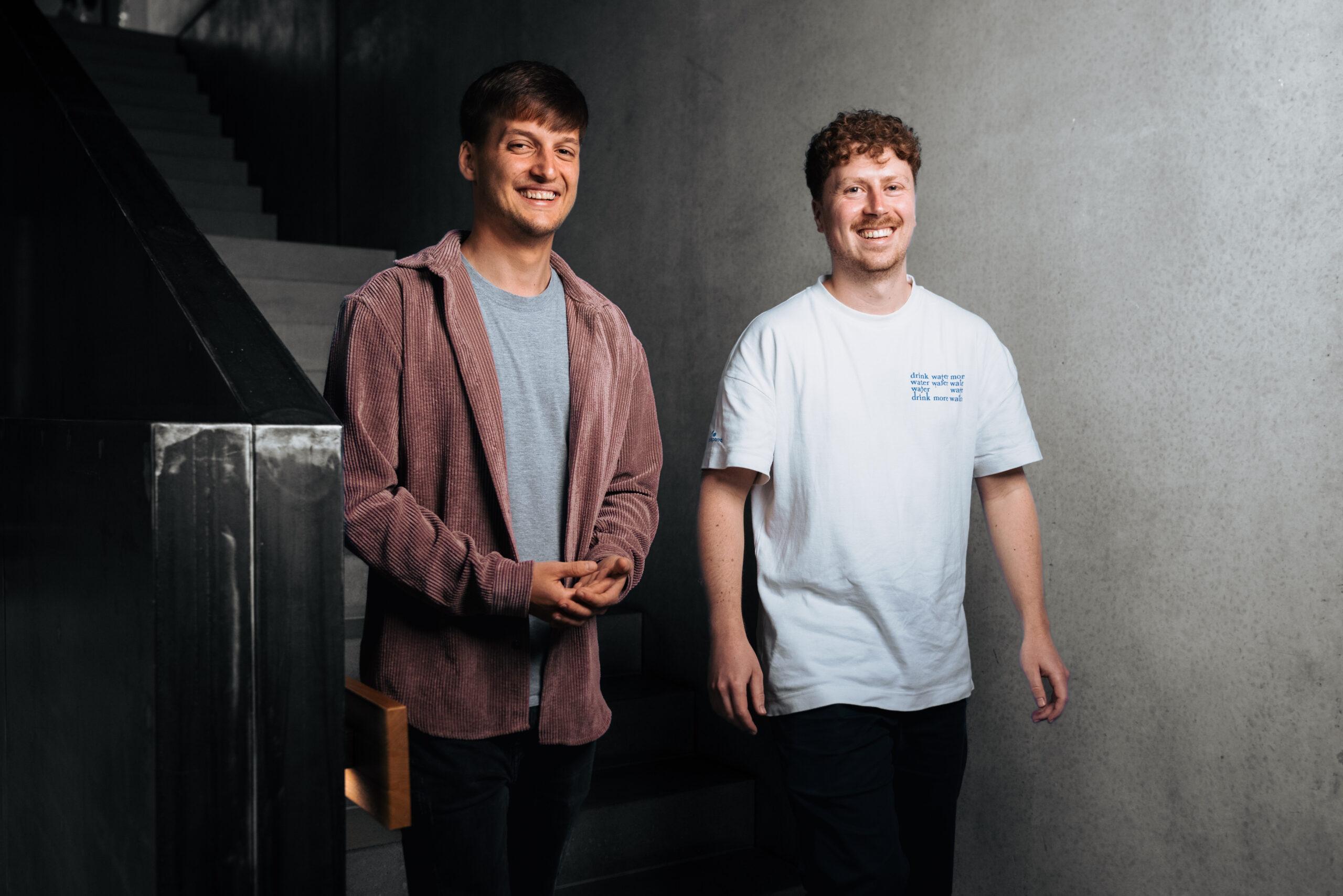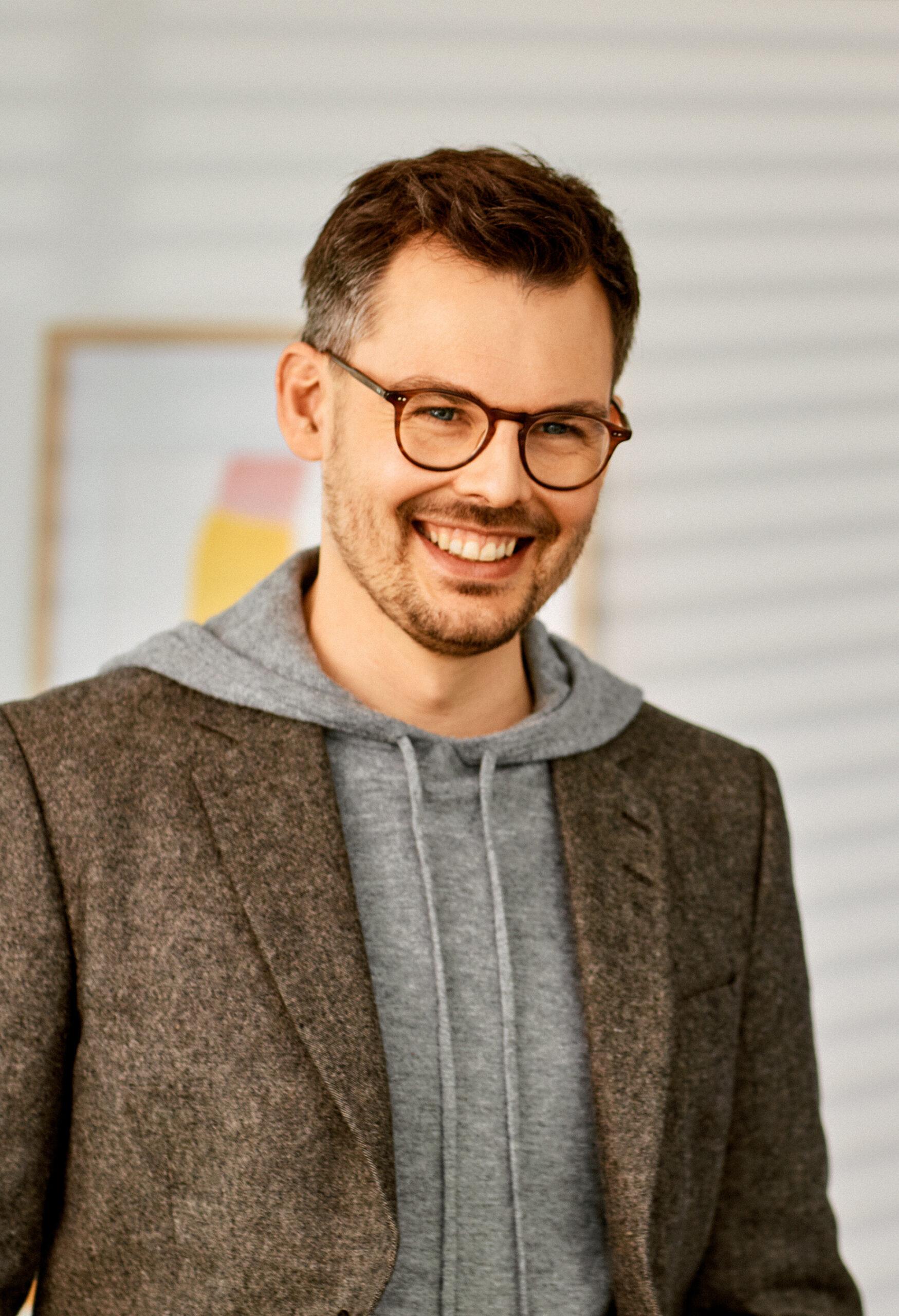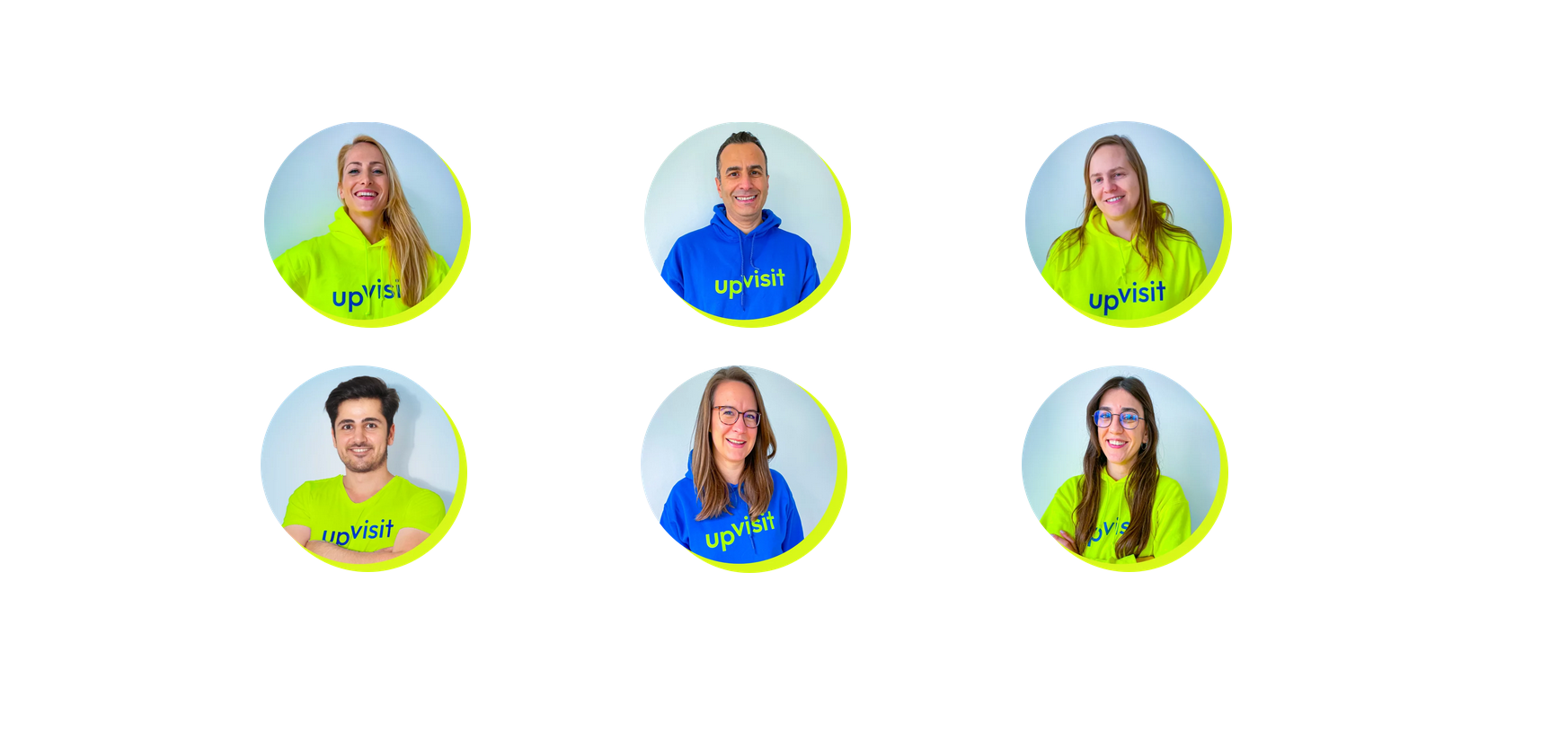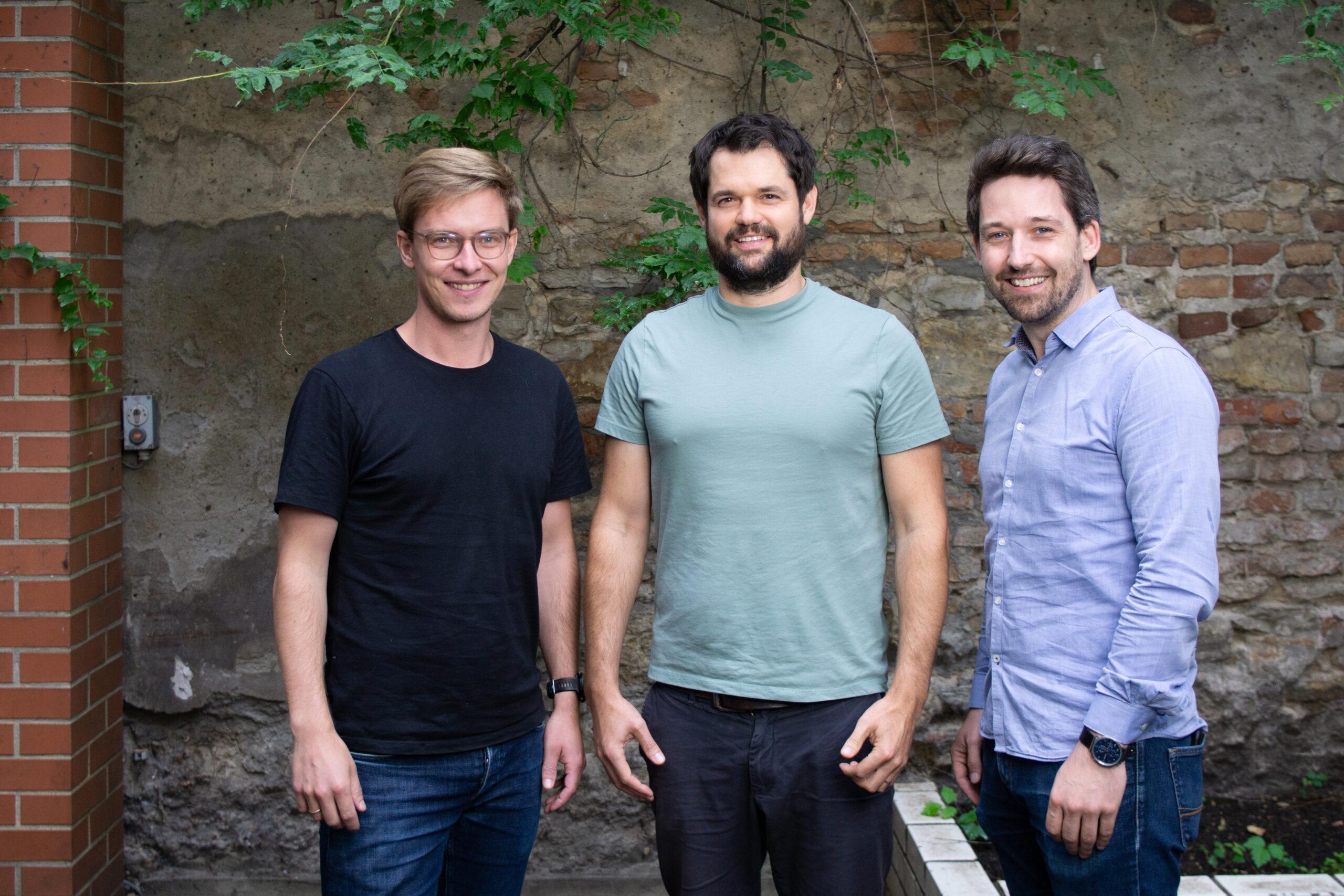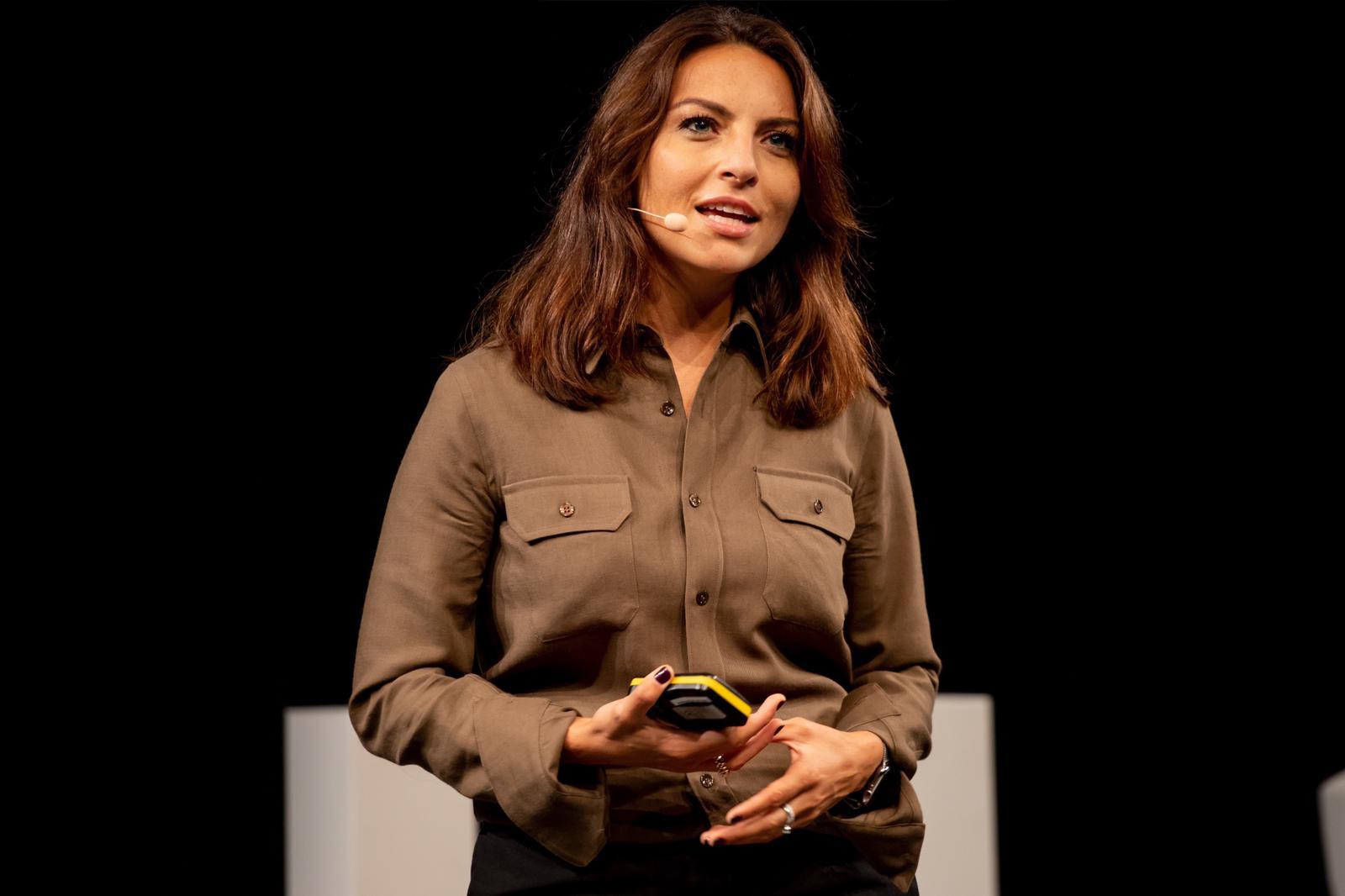Stung by ambition
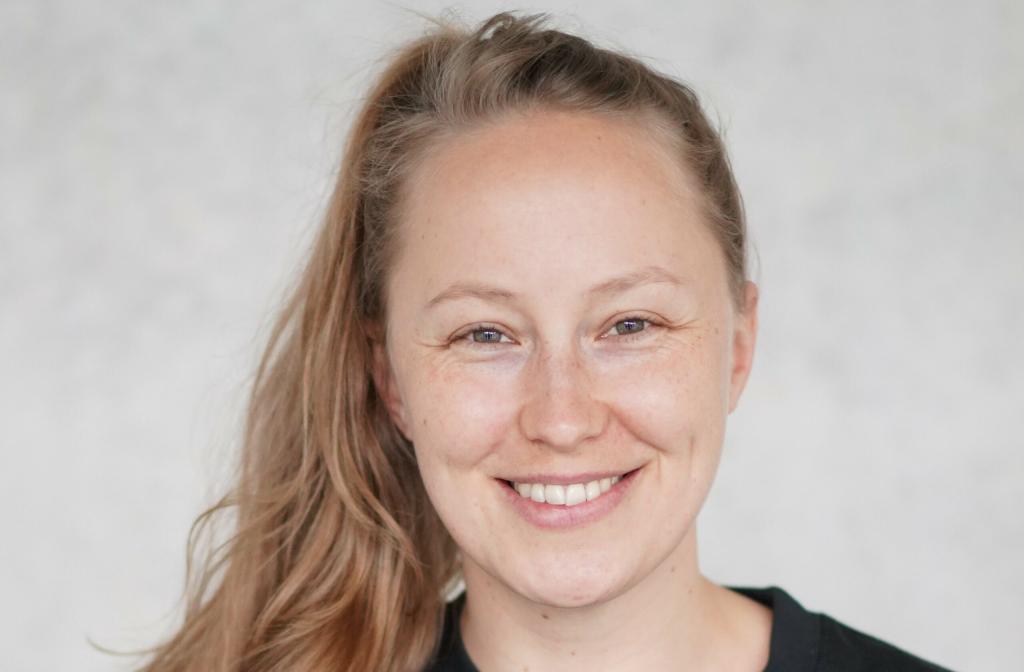
Apic.ai founder Katharina Schmidt wants to use artificial intelligence to save insects - and wins the Digital Female Leader Award in the sustainability category. Schmidt actually wanted to start her own business with a completely different idea.
Katharina Schmidt didn't want to be one of those people who just look at all the problems from afar and then do nothing. After completing her Master's degree in International Management, she decided to make a difference in a sector where there is probably less to be gained than in the credit or beverage industry: nature conservation.
Because insects in particular are in a bad way. Some populations have declined by more than 80 percent over the past 30 years. Bees are particularly affected. According to the UN Food and Agriculture Organization, this is even causing a serious problem for the world's food supply: important foods such as coffee, apples and tomatoes could disappear from the shelves as a result.
Together with computer scientist Frederic Tausch and electrical engineer Matthias Diehl, Schmidt founded Apic.ai in 2018. The start-up developed a system that uses cameras to observe bees flying in and out of their hives. The system then analyzes the images using artificial intelligence. Conclusions can be drawn about the environmental conditions based on certain flight behavior of the bees, for example the color and number of pollen they carry into the hive.
The AI constantly checks the images and can thus gradually improve. "This gives us robust data," says Schmidt. Despite growing technical possibilities, researchers still tend to rely on snapshots, small samples or subjective assessments, according to the founder.
Schmidt laid the foundations for the idea after completing her Master's degree at Karlsruhe University of Applied Sciences in 2016, where she worked for a 70 percent position in start-up support. "I get bored quickly," says Schmidt. So she found a hobby that has been in her own family for over a century: beekeeping. Her grandfather and great-grandfather also bred the furry insects. "I first came into contact with insect mortality when my grandfather's colonies collapsed in the 1990s," says Schmidt.
But the founder had other plans for her self-harvested honey: she wanted to convince people with witty marketing ideas. In an interview with Startbase , Schmidt holds something up to the camera that is still a long way from artificial intelligence and databases. Because she threw her honey jars into costumes. The "unicorn honey", for example, has a small unicorn on the jar, while others are decorated with handmade doctor's hats or traditional bollen hats from the Black Forest.
Schmidt applied for an accelerator program with the idea. And was allowed to speak on stage as a young entrepreneur. But surrounded by founders working with artificial intelligence, virtual reality and other data, she suddenly felt embarrassed by her original idea. "When I thought about the core of the problem, I realized that a lack of knowledge about the causes and correlations is at the heart of insect mortality," she says. "That was the first time I asked myself whether bees and data could be combined." This gave rise to the idea of the bee as a biosensor.
The company is also trying to use the technology to get to the bottom of who and what is responsible for insect mortality. Light pollution, the use of pesticides or the monocultures of modern agriculture are suspected of causing species extinction, but this has not yet been proven beyond doubt. "I want to make all these hypotheses verifiable," says Schmidt.
Those who only point the finger at agricultural companies are making it easy for themselves, says Schmidt. That won't change anything. With Apic.ai, she wants to take a different approach. The biggest lever is to work together with those who have a massive influence on shaping the problem.
With the start-up's technology, companies can recognize what impact their work has on insects. They will probably have to do this next year in view of regulatory requirements. According to Schmidt, stricter rules at EU level are also a result of public pressure. For example, plant protection products must be tested more intensively before they are approved for the market.
Apic.ai uses honey bees as a proxy for wild bees or bumblebees for its studies. The company investigates whether colonies that have come into contact with a substance develop differently. Schmidt herself is surprised at how quickly she has become one of the leading providers in this market segment. "Since this year, we have also been supporting studies with seed producers," she says. These studies investigate what influences bee pollination and what can be done to use this knowledge to increase agricultural yields.
What Schmidt likes about the Digital Female Leader Award is that it shows women as role models who go their own way. However, she does not support the movement to promote women in particular. "I find campaigns that pretend that we women only lack the courage to found companies ridiculous," she says. She believes that it is important for many women to make a contribution to society when choosing their studies and careers. "But there are hardly any opportunities for this, especially in the tech field," she says.
In the start-up scene, profit is often the top priority. "No wonder there are so few women, I don't find it attractive either," says Schmidt. As far as she is concerned, the focus should not be on women, but on the added value that new technologies can bring to society.

Newsletter
Startups, stories and stats from the German startup ecosystem straight to your inbox. Subscribe with 2 clicks. Noice.
LinkedIn ConnectFYI: English edition available
Hello my friend, have you been stranded on the German edition of Startbase? At least your browser tells us, that you do not speak German - so maybe you would like to switch to the English edition instead?
FYI: Deutsche Edition verfügbar
Hallo mein Freund, du befindest dich auf der Englischen Edition der Startbase und laut deinem Browser sprichst du eigentlich auch Deutsch. Magst du die Sprache wechseln?




